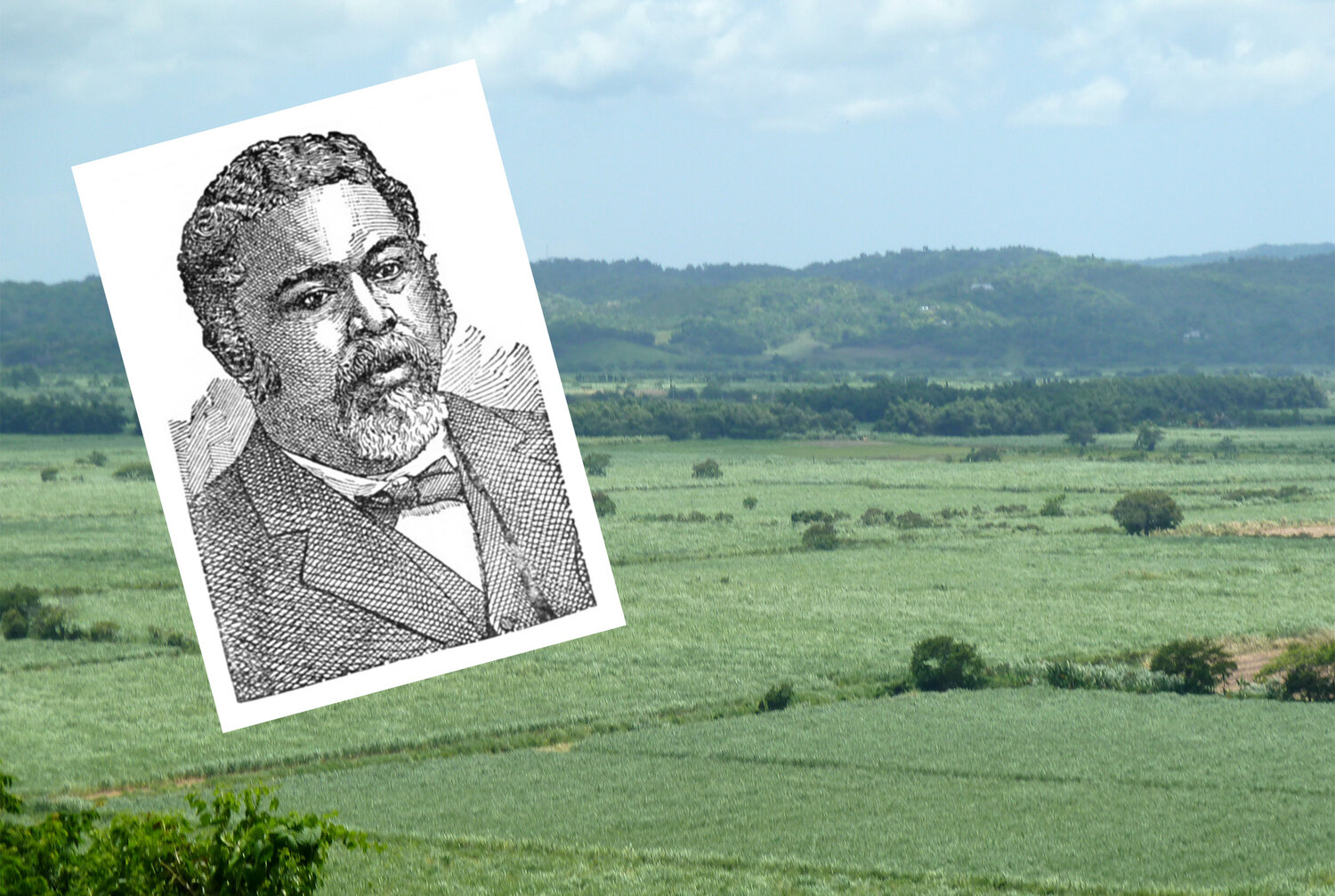A Baptist preacher who lived in bondage in colonial Georgia would go on to help wipe out the final vestiges of slavery in the British Empire.
George Leile, with the help of the young deacon Samuel Sharpe, kicked the door closed on slavery through what became known in Jamaica as the Baptist War.
Leile became a pioneering African American minister and missionary ater his conversion around age 21. He was ordained by the Big Buckhead Baptist Church in Georgia’s Burke County in 1775, becoming the first African American in America set aside for the ministry.
Sharpe, a deacon in a Jamaican church, had not lived the life of a typical slave in Jamaica. He was raised with his master’s household, never working under the lash and oppressive heat in the sugar cane fields. He was even taught to read and write.
Together, Leile and Sharpe would be a force for right in the British Empire. In recognition of Black History Month, this is their story.
Leile and his family were able to secure passage in 1782 from Georgia to Jamaica where he, as a missionary, laid the foundation for what would become a strong Baptist influence. The message of the gospel took root, and by 1814 there were over 8,000 mostly enslaved members of Baptist churches across Jamaica.
By 1800, the growth of the Baptists had made slave owners and government officials uncomfortable. Laws were passed restricting slave gatherings. Leile was arrested in an effort to prevent him from preaching. Responding to the plight of the Jamaican Baptists, the English Baptist Missionary Society stepped up. They sent missionaries to work with existing churches and to help establish more. In time the resistance waned on the part of the government.
One of the Baptist churches organized was in Montego Bay. It was where Sharpe, who was born in 1801, worshipped.
Through newspapers, Sharpe learned of the growing momentum of the abolitionist movement in England being championed in Parliament by William Wilberforce and others. Sharpe, who was respected in the black community, became a deacon and lay preacher in the Baptist churches. His church was pastored by Rev. Burchell, a white Englishman who held abolitionist sentiments.
Except for in the western Caribbean, slavery had already been abolished across the rest of the British Empire. Sharpe, born in 1801, decided to organize a “peaceful strike.” Its initial purpose was to obtain better working conditions and pay for the slaves.
It was scheduled to take place during the peak of the sugar cane harvest at Christmas. The slaves would refuse to work unless they were paid. Over 60,000 of the 300,000 slaves on Jamaica took part. The government and plantation owners had gotten wind of the plan and prepared to respond with force. The “peaceful strike” quickly spread and just as quickly became violent.
During the 11 days of the revolt that began December 27, 1831, over 200 Blacks and 14 whites were killed. In the months following, more than 300 people were executed for their involvement. The last person executed was Shape himself, in May 1832.
While awaiting execution Sharpe famously said, “I would rather die upon yonder gallows than live my life in slavery.”
Rev. Henry Bleby, a missionary and abolitionist leader later wrote; “Sharpe, with many hundreds besides, perished on the gallows. . . But the blow for freedom had been struck.” Because the protest had grown out of the leadership of Baptist churches, Baptist prayer meetings on plantations used to communicate plans, and Baptist missionaries although not involved in the planning or execution of the insurrection were sympathetic to the abolition of slavery, Jamaican government officials and plantation owners called it “The Baptist War.”
On the surface, the insurrection would appear to have been a failure. Yet it proved to be the final blow for slavery in the empire. Abolitionists in England called for legislation in response to the heavy-handed actions of Jamaican officials and plantation owners.
Less than two years after Sharpe’s death, in 1834, Parliament passed an Emancipation Act which abolished slavery in the remaining parts of the Empire. Furthermore, abolitionists in the United States, fueled by the flames of the Second Great Awakening, took heart at the ending of slavery in the British Empire and began to earnestly press for the end of slavery in north America.
God used Leile and Sharpe to rock an Empire. One planted through the gospel the seeds of freedom, another watered at the cost of his own life, and over 830,000 people across the British Empire reaped a harvest of freedom.


